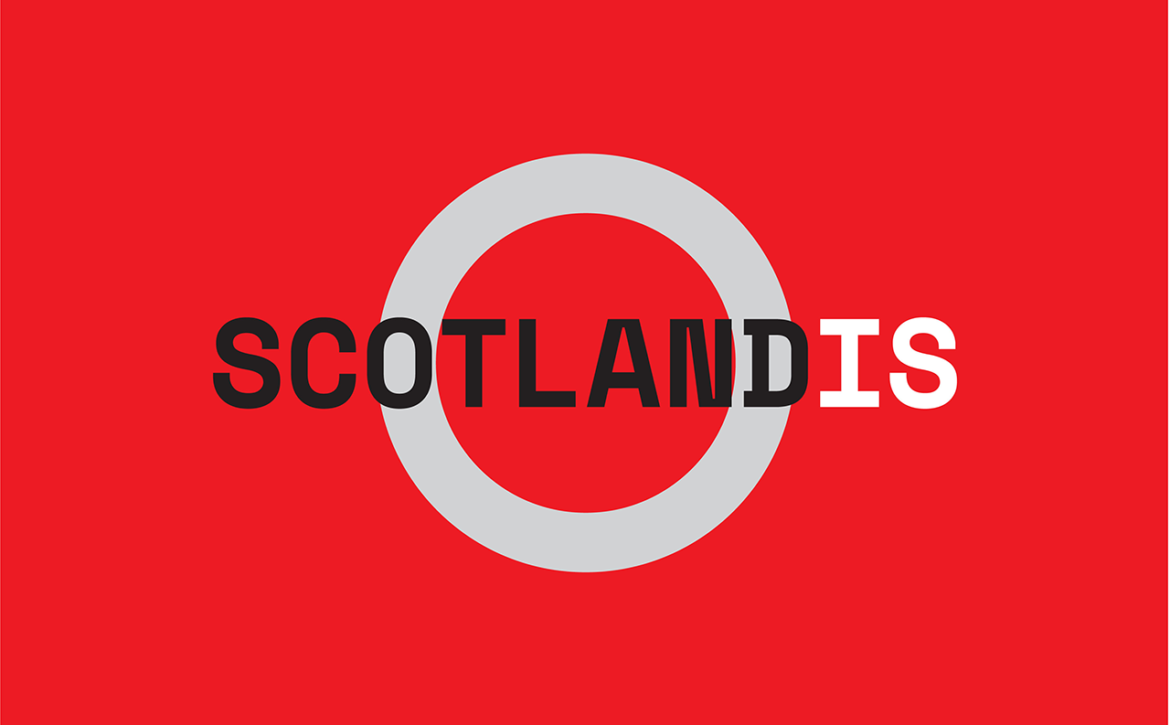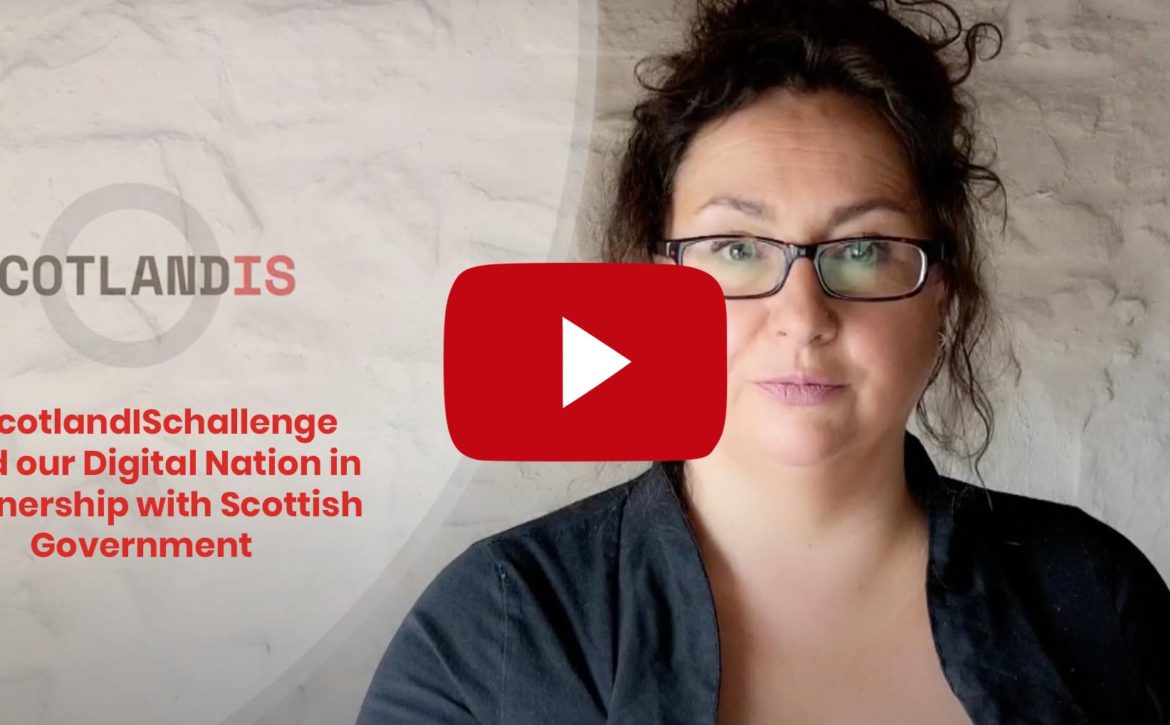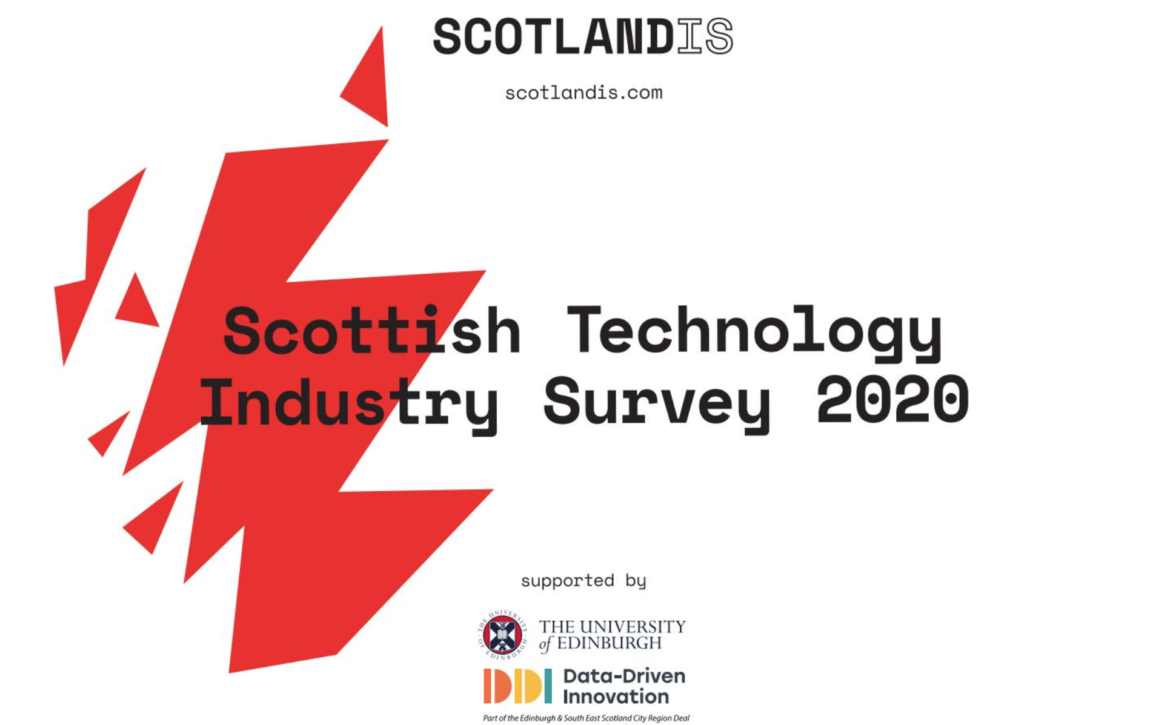ScotlandIS achieves new national first
ScotlandIS becomes first organisation in Scotland to be awarded Silver Cluster Management Excellence accreditation for its support to digital and tech clusters

ScotlandIS has achieved a UK first, having been awarded Silver Excellence from the European Secretariat for Cluster Analysis (ESCA).
ESCA has awarded ScotlandIS Silver Excellence Award for developing industry clusters through lifelong learning, creating special interest groups and strategy development. Clusters are regional concentrations of traded industries, shown to have higher average wage and employment increases and inhabit a higher number of innovative and high-growth firms and start-ups*.
The Silver Excellence Award recognises that best practice is being followed and ensures international credibility across global cluster management organisations, putting ScotlandIS at the forefront of cluster management in the UK.
ScotlandIS was the first organisation in Scotland to successfully secure Bronze Accreditation in 2015 and this new Silver status reflects continuous progress that the organisation has made to cluster management.
Jane Morrison-Ross, chief executive of ScotlandIS, said:
“Being the first organisation in Scotland – and highest rated CMO in the UK – to achieve Silver Accreditation is a major achievement. Evidence points to cluster membership helping to make organisations more resilient to economic difficulties, such as during the Covid-19 crisis, building ecosystems that help organisations to share resources and help each other.
As we now strive to build a Digital Nation in Scotland, it is important that Scotland’s flourishing tech sector can access international clusters to help build their robustness and adaptability, safeguard these businesses against any future challenges, and enable digital to continue to underpin all that is critical to our economy . Our Silver Excellence Award ensures that we remain at the forefront of quality cluster development.”
Daniel Stürzebecher, ESCA Expert noted in its assessment of ScotlandIS:
“Already now, the cluster organisation performs in certain aspects on a level that could be considered excellent regarding the Gold Label standards. ScotlandIS will more and more look beyond national borders and has recently introduced internationalisation activities as a focus.”
Finance Secretary Kate Forbes said:
“I’m delighted to congratulate ScotlandIS on becoming the first organisation in Scotland to achieve Silver Accreditation from ESCA.
Our technology sector is more crucial now than ever before as over the coming months and years we recover from the economic impact of the global coronavirus pandemic.
We’re working towards becoming a world-class digital nation, and ScotlandIS’ achievement and support for the Scottish tech sector is instrumental in achieving this goal.”
Europe is home to approximately 2,900 specialised clusters. Economic activities that are in specialised clusters account for about 19 per cent of jobs and 22 per cent of wages in Europe*.







